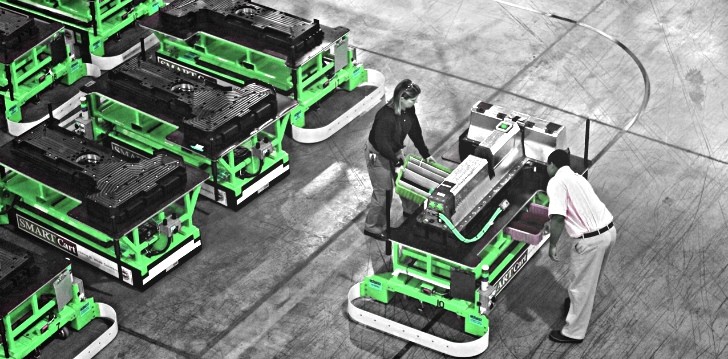The advance of the EV and the hybrid is relentless. It is a matter of (few) years before we see all cars fitted with fuel consumption reducing devices, before the final transition to all electric. As the world’s population will approach 8.2-billion over the coming two decades, more and more people will want cars, and they’ll want efficient cars, more and more of which having a battery pack as part of a hybrid system (or a regular EV).
However, there are already many EVs on the road. They’re new now, but what will happen in a few years time when their battery packs will need replacing? Toyota and Honda’s 1990s hybrids, the Prius and the Insight, EVs still currently driven on the public roads, are approaching the end of their batteries’ lives. According to edmunds.com, more than 2-million hybrids of any kind are currently on US roads, with their numbers increasing at a steady rate. For instance, 193,000 hybrids and EVs have been sold in the US, in the first five months of the year.
Companies like Umicore and Toxco have already started to develop technologies to deal with the imminent problem of battery recycling, in order to efficiently process what is expected to be a large volume of ‘dead’ batteries. If things aren’t set in motion ahead of time, we may find ourselves knee-deep in lithium-ion battery sludge. Something similar happened with the gasoline-powered car - it started out as a cheap alternative means of transport, and now we can't get rid of it despite other technologies being available and considerably more efficient.
Companies like Umicore and Toxco have already started to develop technologies to deal with the imminent problem of battery recycling, in order to efficiently process what is expected to be a large volume of ‘dead’ batteries. If things aren’t set in motion ahead of time, we may find ourselves knee-deep in lithium-ion battery sludge. Something similar happened with the gasoline-powered car - it started out as a cheap alternative means of transport, and now we can't get rid of it despite other technologies being available and considerably more efficient.
